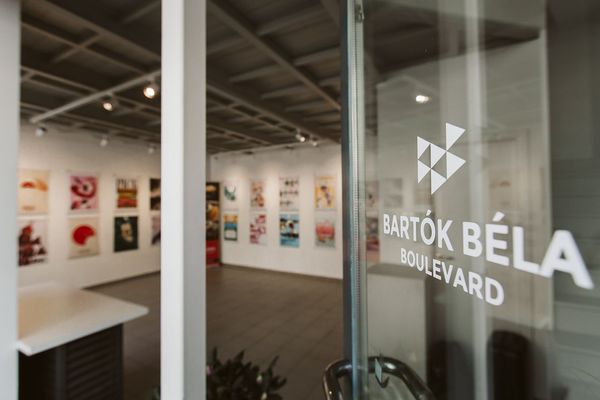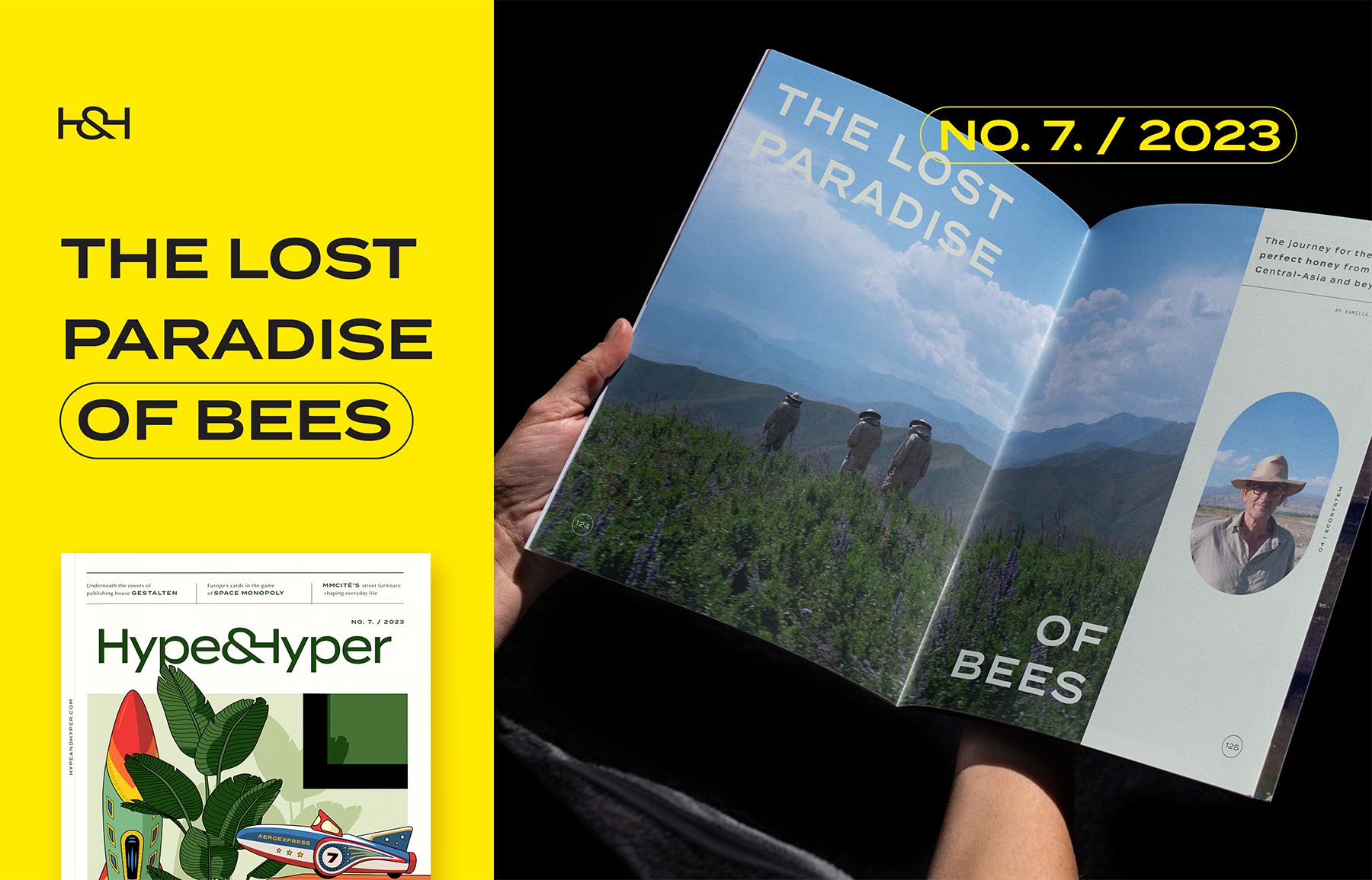There’s a place in Central Asia where nestled in untouched nature, perfect harmony and unity reigns unknown to Western men. A place where sloping meadows blooming with colourful flowers stretch over hundred kilometres under the bright blue sky, caressed by steep hillsides. This mysterious Paradise lost on Earth is where Amirkaal, the perfect honey created by Fulmer Honey was born. Family man Ferenc Fulmer who is also the leader of the expedition told us about the importance of working in harmony with nature, his persistent research into finding the perfect honey and what bees can teach those who approach them with an open mind.
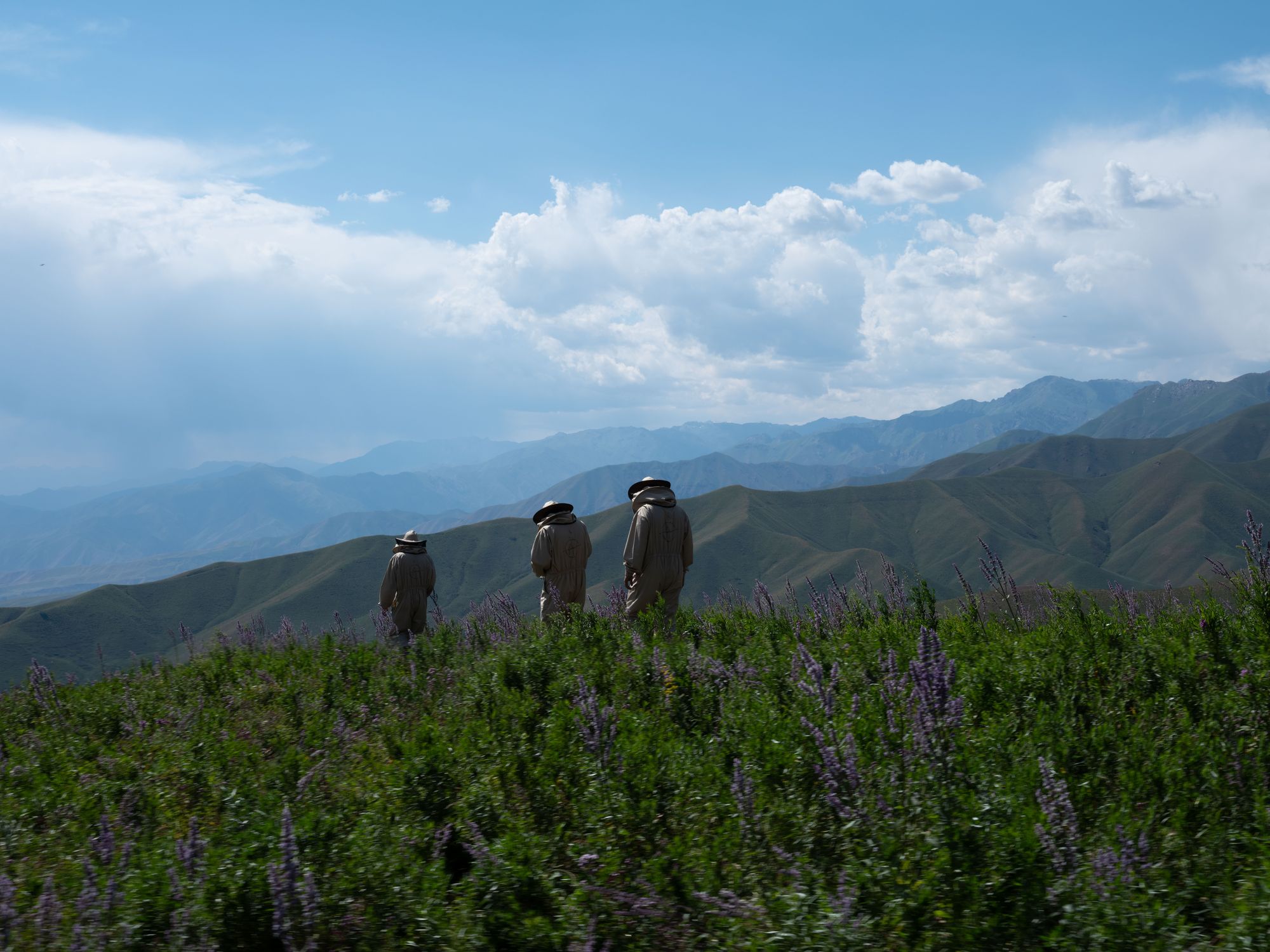
The story of Fulmer goes way back. When did your passion for beekeeping start?
My grandfather on my mother’s side, György Fulmer, was a well-known beekeeper. My parents kept bees too and while my father had 60-80 hives, my grandfather took care of over 200. From a very early age, I helped my parents—with limited enthusiasm. During my second year of university, my father gifted me 10 very powerful hives in the spring—which turned out to be an incredibly good idea. This success was such an influential experience, that it was decided that I would also become a beekeeper.
What does the perfect honey mean to you? How did your quest to find it start?
There are many criteria for perfect honey. The first and most important is that no man-made substance can be in it. For us, this level means that either we or another producer whom we know and have a friendly and professional relationship with, made the honey. We pay attention to the continuation of these friendships, which, from a quality assurance point-of-view, we call quality control. This means knowing the producers, their background, the type of apiary they have, and the fact that their methods are good. We are organic producers just like our beekeeper friends, however, we do package honey for conventional, non-organic producers as well, given that their products meet our high-quality standards. As for us, we utilise organic methods, all the technologies we use are up to the required standards.
On the mission for perfect honey, one must find an environment free from human-grown plants. The worst polluters are not cars or coal-fired power plants, but the chemical and the agricultural industry. Even better circumstances are provided by areas without any kind of human impact, without civilisation, where nature has been untouched for thousands of years. Due to the microclimate, this is as good as it can possibly get, and that’s why we are looking for beekeepers working in these conditions. There’s a chance to taste, to research. Due to the fact that I’ve been doing this since my childhood, tasting honey for me tells a whole story. To be a honey sommelier one needs hands-on experience and an ability for sensorial analytics. This activity is well-known in connection with wines, but not for honey, which is a shame as it’s also an incredibly rich and diverse world to explore. Amirkaal is a paradise for wildflowers, including bees and honey. The perfect place for the perfect honey. I'm sure there are other similar areas on Earth, and we want to find them!
We’re exploring many places to see whether they’re a fit for beekeeping in terms of their qualities. I have the ability to see the world with the bees’ eyes. I taste, I talk to the local beekeepers to get to know their processes. However, it’s not only the beekeeper who can give me valuable information, but the shepherd working in the area as well.
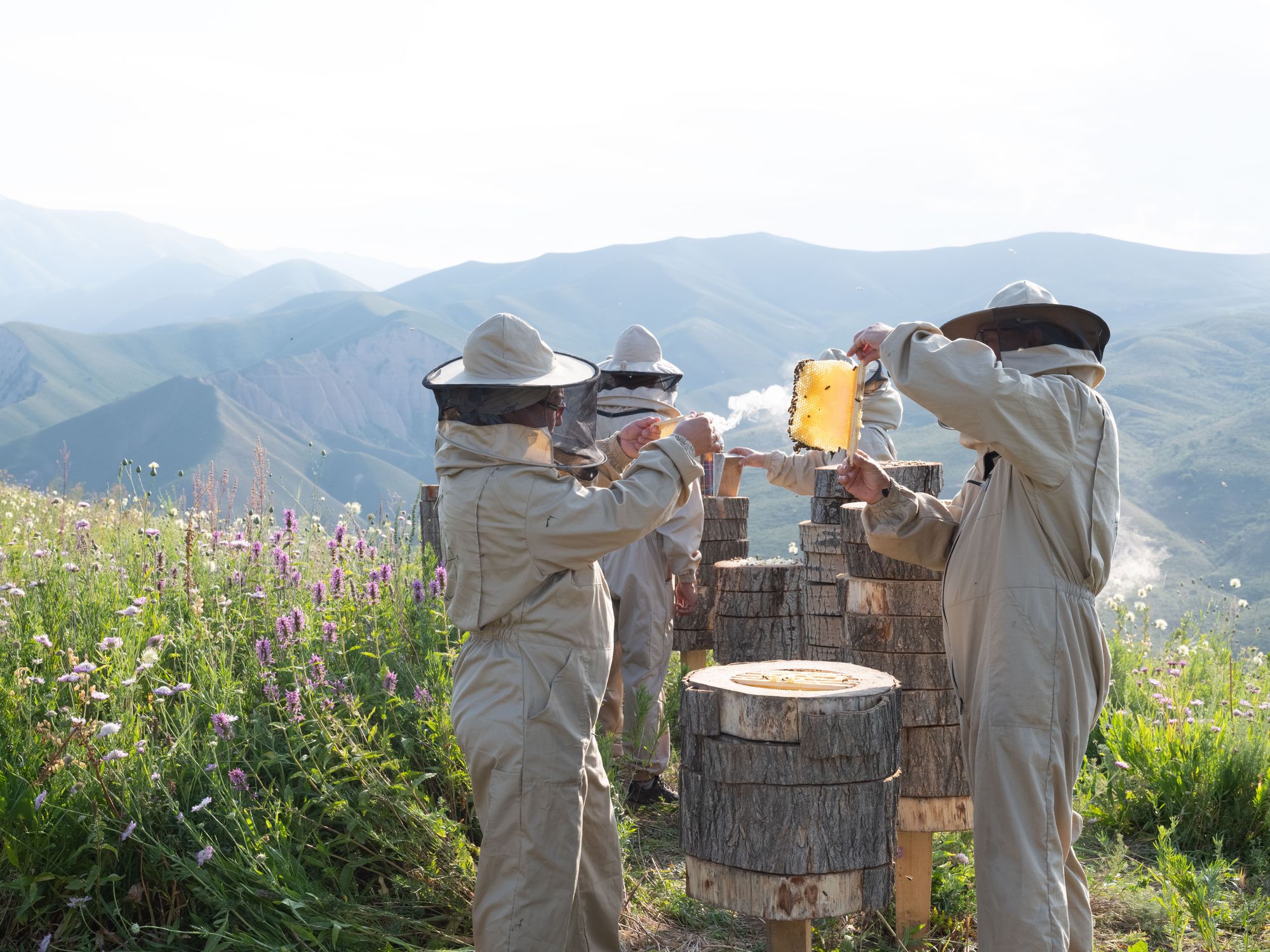
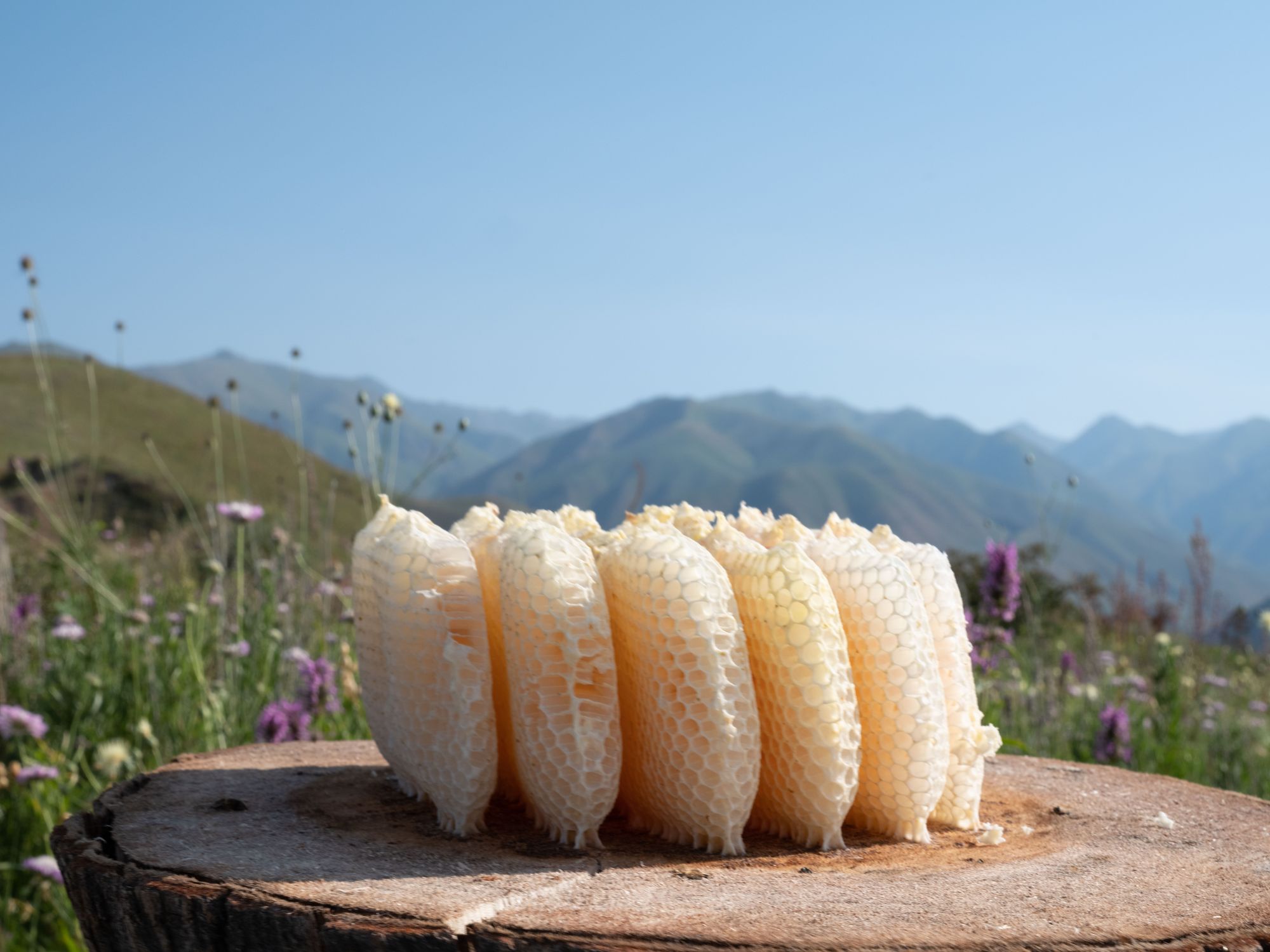
Why did you choose Asia? What makes the local ecosystem special?
For honey, it can’t get any better than Amirkaal. There might be a lot of places similar to this on the planet and in Central Asia in particular, however, we’ve explored 30 to 50 such areas and in terms of the aspects we find important, Amirkaal was the most outstanding. 2000 metres above the sea level around the basecamp, the microclimate was like no other from the quality of the soil to the diversity of the flora. Every plant grows five or sometimes ten times bigger than what we’re used to in Europe. Thyme is a great example: same scent, same appearance, but the plants are growing all the way to our chests. Being peaceful and safe was another important aspect not many places outside of civilisation share. At exhibitions, forums, where I meet fellow beekeepers we always talk about where each of us travel and what experiences we bring home. During these conversations, this area had the most positive reviews. These mountains and mountain ranges are places on Earth that have zero impact from civilisation.
On a foreign continent, in a foreign country, you have to face the unknown. What was an average day like during the expedition? What kind of challenges did you have to face?
The closest settlement with accommodation was a three-hour drive from our basecamp. Until we set up camp, we had to wake up at dawn, drive to the mountains, build the camp until sundown then drive back. The construction took two months to complete. We took some provisions with us such as ready-made soups, canned food, and water. The items needed for the construction were also from the city lying four to five hours away. A total of six-seven people worked on the project. We had to improvise a lot, be creative on the spot and adapt to the circumstances while transporting the equipment from A to B. It was almost constantly raining which made our job even harder as there was no way to prepare for it...
Contact Fulmer Honey | Web | Instagram
Photos: LEO PINTÉR / GOODKIDS
Continue reading in H&H issue no.7!
ORDER HERE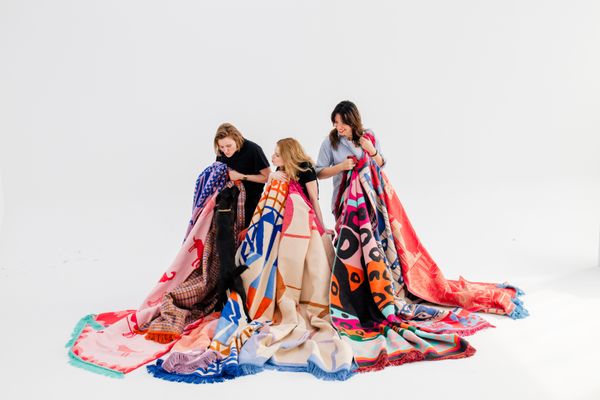
Design wrapped in fun | SZMAT SKŁAD
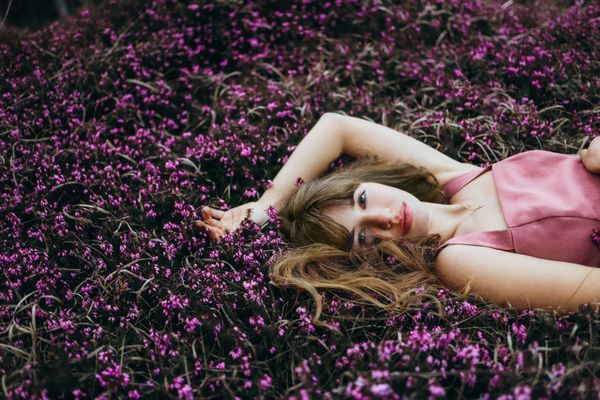
“Skirts have power” | Rosie by Zsófia Rimóczi
